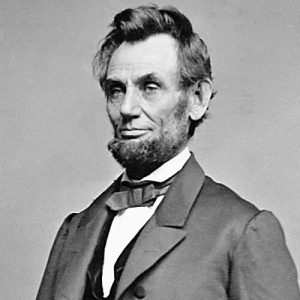
During the initial phases of the war, the Union anticipated a swift and effortless triumph. However, pre-war economic difficulties had left the federal government in dire need of financial resources. Consequently, Congress’s initial endeavor to finance the civil war materialized in the form of the Act of July 17, 1861.
The Revenue Act was drafted broadly, defining income as proceeds “derived from any type of property, or from any professional trade, employment, or occupation conducted within the United States or elsewhere, or from any source whatsoever.” The Revenue Act of 1861 marked a significant turning point in American history, not only for its introduction of the federal income tax but also for its broader implications. This act, apart from implementing the income tax, included provisions for the levying of various other taxes, such as inheritance taxes, corporate taxes, and excise taxes on a range of goods.
Moreover, the Revenue Act of 1861 played a pivotal role in establishing the foundations for a more robust and centralized fiscal system within the United States. By broadening the scope of taxable sources and introducing new methods of revenue generation, this act laid the groundwork for subsequent tax reforms and revenue-raising measures that would significantly shape the future of the country’s economic policies.
Subsequently, in 1871, Congress annulled the tax law. Nevertheless, in 1909, Congress passed the 16th Amendment, establishing the framework for the contemporary federal income tax system. The 16th Amendment was ultimately ratified in 1913.




0 Comments